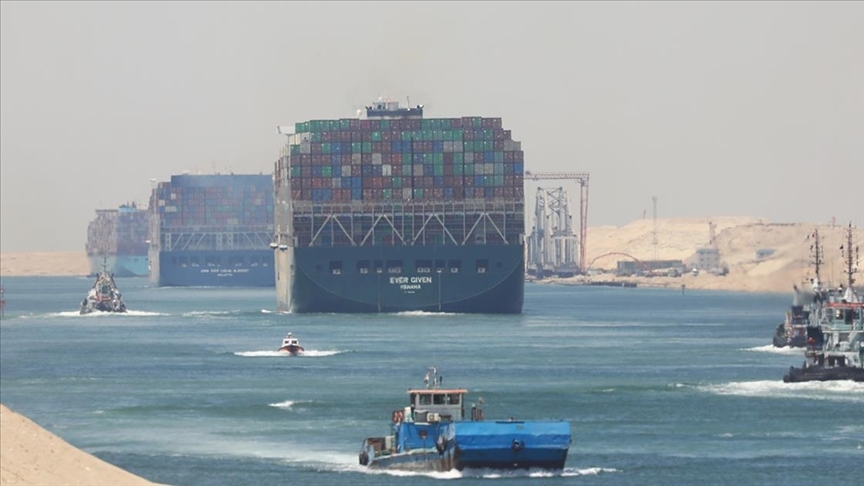Globax news
Blog
Effect of Suez Canal on World Trade

The Suez Canal: History and Significance
The Suez Canal, located in the northeastern part of Egypt, is an important waterway that connects the Mediterranean Sea to the Red Sea. Throughout history, it has been at the center of trade, diplomacy, and geographical strategy. Here is an in-depth examination of the history, construction, and international significance of the Suez Canal.
History
The idea of the Suez Canal dates back to ancient Egypt, but this major engineering project was first undertaken during the reign of Pharaoh II. Sesostris. However, the modern version of the canal was constructed in the mid-19th century by French engineer Ferdinand de Lesseps. The canal was officially opened on November 17, 1869, and has since become a critical part of international trade.
Technical Specifications
The Suez Canal is approximately 193.3 kilometers long and situated at an average elevation of 24 meters above sea level. It consists of two channels that can be used for ship passage in both directions: one is the Great Suez Canal (North Canal), and the other is the Small Suez Canal (South Canal). The canal is about 300 meters wide and 24 meters deep on average, allowing large vessels to pass through comfortably.
Key to International Trade
The Suez Canal is a key to international trade. It facilitates the rapid transport of goods by skipping major detours for ships traveling between Europe and Asia. This accelerates trade, reduces costs, and contributes positively to the global economy. Thousands of cargo ships, oil tankers, and passenger ships pass through this canal every year.
Strategic Importance
The Suez Canal holds strategic significance and is crucial for international politics. The canal plays a critical role in transporting Middle East energy resources to the West. It has also been a focal point in various crises throughout history.
Consequences of Closure
The closure of the Suez Canal could have significant consequences for global trade:
- Increased Time and Costs: The closure would force ships to take longer and more costly routes. Trade between Europe and Asia would need to circumnavigate the southern tip of Africa through the Indian Ocean, leading to longer travel times and higher fuel costs.
- Trade Delays: The closure would result in delayed deliveries of goods, affecting supply chains, especially for fast-moving consumer goods.
- Oil and Energy Prices: The closure could disrupt the passage of oil tankers, potentially causing shortages and driving up oil and energy prices on the world markets.
- Rise in Shipping Costs: Higher shipping costs due to longer routes and delays could lead to increased prices for goods and contribute to inflation.
- Intensified Use of Alternative Routes: Closure of the Suez Canal would likely increase traffic through alternative routes such as the Istanbul Strait and the Panama Canal, potentially causing congestion and security issues.
- Insurance and Security Concerns: Closure may increase insurance premiums for maritime shipping and raise security concerns, necessitating additional security measures.
- International Relations: Closure of the canal could strain diplomatic relations between Egypt and other countries and potentially lead to international crises.
In conclusion, the closure of the Suez Canal could have a profound impact on global trade and the world economy. Therefore, the security and accessibility of the canal are of paramount importance, and preparedness to address such crises is crucial.
As ASR Transit, we deliver our customers’ products to their addresses in the safest and fastest way in all processes. We hope that the tensions will not negatively affect the trade process, which has just overcome the pandemic.









